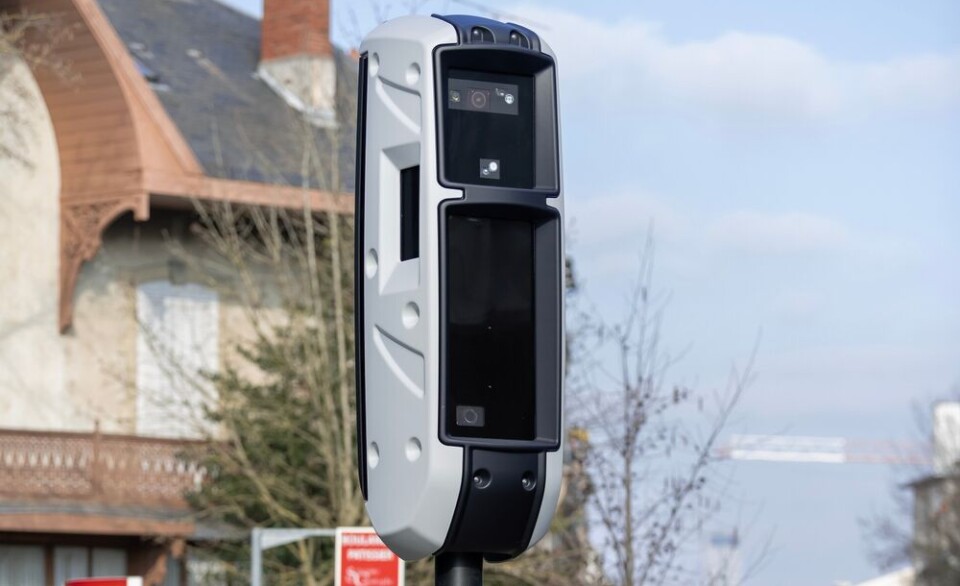-
Flights grounded at Marseille airport due to nearby wildfire
Vehicle fire led to more than 30 hectares burning as strong winds caused blaze to spread
-
Photos: snow returns to French Alps in July
Temperatures have dropped 5 - 10°C below seasonal norms in the east of the country
-
Neighbour who complained about noisy cockerel in France ordered to pay €3,500
The complainant said the animal, which has since died, crowed too loudly and too often
Dordogne: Mars rocks and craters named after French villages
NASA’s Curiosity rover recently discovered a link between the red planet and the department in southwest France

They may be 62 million kilometres apart, but the planet Mars and the French department Dordogne have more in common than you might think.
American space agency NASA has named craters and rocks on Mars after villages in Dordogne after discovering mineralogical zones on the planet that are similar to those found in southwest France.
The main mineral the unlikely duo has in common is nontronite, an iron-rich clay mineral.
Mineral discovered in France found on Mars
Nontronite was discovered near the commune of Nontron in Dordogne in 1822.
Two centuries later, in February 2021, it was also found on Mars by Nasa’s Curiosity rover which has been exploring the surface of the planet since 2012.
Bernard Trégon, research physicist at the University of Bordeaux told Sud Ouest that Curiosity had been doing mineralogical and biochemical analyses on the surface of the planet.
He said: “To record the terrain explored by Curiosity, Nasa’s geologists defined 1.5km-square zones and used a rock classification system with references to where [the rocks] were first discovered [on earth].”
Zones on Mars have since been christened with Australian, American and German names, and now French ones too.
Over 40 French villages ‘twinned’ with Mars
Mr Trégon was particularly pleased that on February 9 one of the rock formations was named after his home town of Brantôme, writing in a Facebook post: “We can now consider that my village is twinned with a rock formation on Mars.”
Over 40 other craters and rock formations have also been named after places in Dordogne, including Sorges, Limeyrat, Coutures, Siorac de Ribérac, Tourtoirac and Daglan.
A map showing an area on the surface of Mars given names of Dordogne villages (@Bleu_Perigord / Twitter)
Mr Trégon added: “It seems that on Mars the phenomenon of rock formation is somewhat similar to what happened on Earth, in France, many millions of years ago.
“This is absolutely fabulous!”
Related stories
French astronaut next International Space Station commander
France carries out its first-ever military exercise in space
























